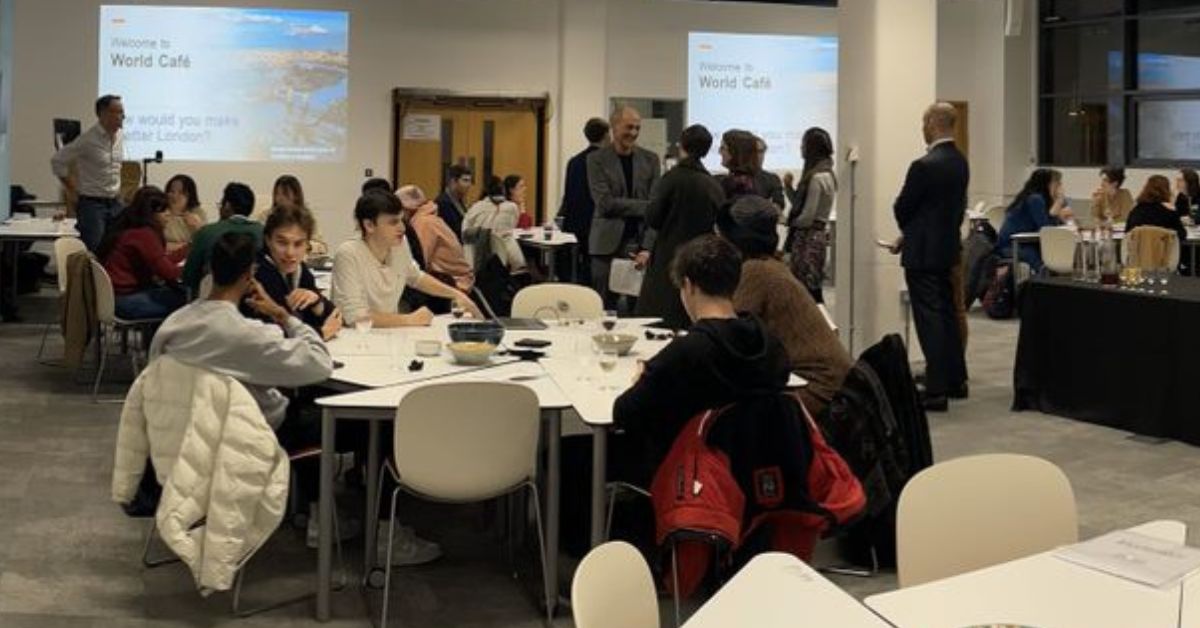This is something of a follow-on from a previous post, as I forgot to mention how having a workflow is, I think, important to manage all the work that you’re asked to do, and all the work that you’d like to do or feel you want or need to do. It is good student practice and I think with intense courses like those at LSE, where a lot is covered or “packed in” in a short period, it pays to have some project management skills.
Anton Jarrod
February 25th, 2016
Having a workflow – good student practice
Having a workflow – good student practice
For my workflow I use different tools, but one of them is a reference manager tool (I find Menedely helpful, but there are others, like EndNote and Zotero). Although it does take a little bit of time and effort to use these tools effectively (as described below), it pays off in the end as it helps make reading, research and revision much easier, as well as essay planning, writing and referencing. I think that it saves time but I haven’t tried not using it. It also has helped me manage my documents across devices.
The effort you have to put in to make it worthwhile involves (at least for me): importing PDFs (presentations, documents, articles etc.), which are ideally converted already into readable and “extractable” text; checking bibliographical information is accurate; adding some tags and keywords; ensuring the abstract of articles has been copied over to Mendeley too; and then annotating and putting notes into the document. This keeps everything in one place and makes later review or revision easier. Luckily, each course reading list can be exported to Mendeley with a few clicks, so much of the difficult work is already done. But “time” is a premium as a student, especially a part-time one, and it can seem counter-intuitive to spend so much time on your personal library.
Yet, when this is done, I can more easily create annotated bibliographies of weekly readings, or of whole topics or courses (very useful), as well as easily reference my essays and other writings for review (referencing 30 items in a formative essay takes me no more than 5 minutes at the end of the writing process – all that hard work pays off).
The point here is that the reading can easily feel quite overwhelming and that the work you do here is “never enough” and there is just so much to do. However, it is not really quite like that in reality. I think that having a good workflow, and of course good reading skills (because there is a lot of reading to do – either because you want to or because you have to, or both), makes it more manageable. It is still challenging with a workflow in place, but I think without one I wouldn’t have done nearly half of what I’ve managed in the last term (even though this is still really only half of what I wanted to do before I started).





